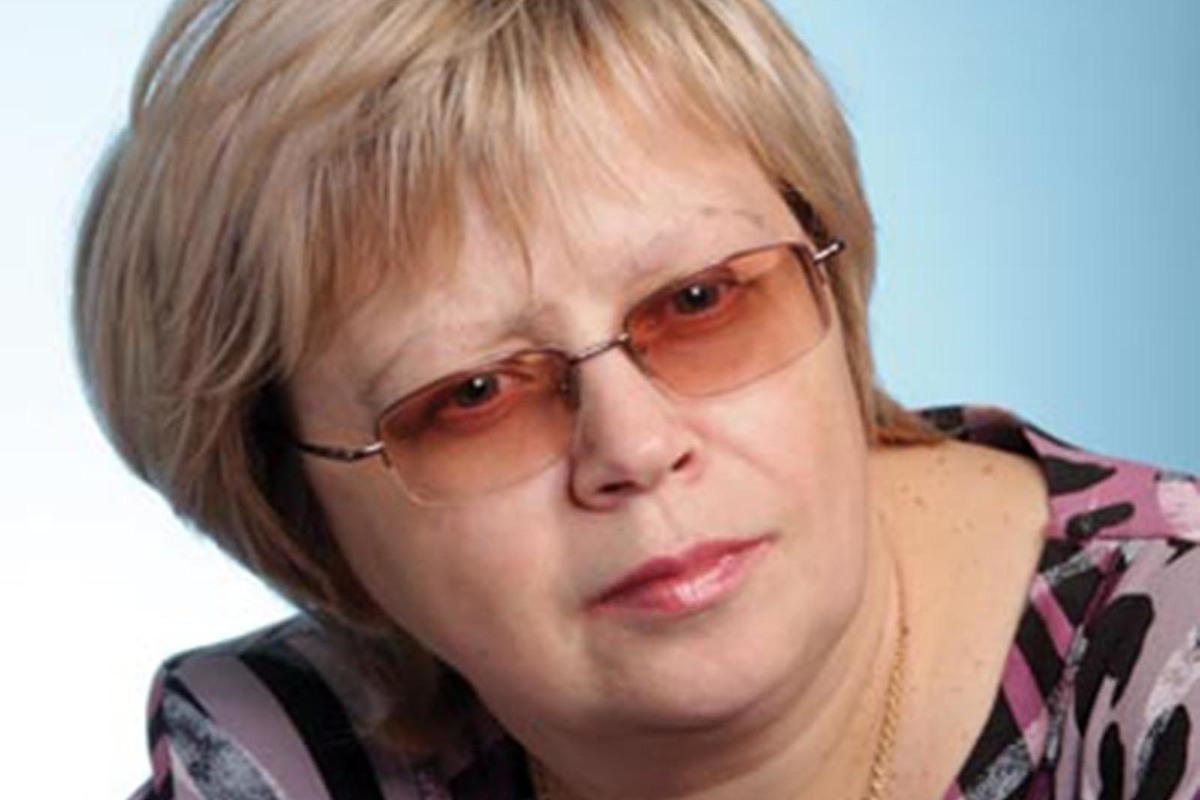The RAS trade union demanded that funding for fundamental science be more than doubled
[ad_1]

The All-Russian Trade Union of RAS Workers called for more than doubling the amount of funding for fundamental science in the country. On February 27, a press conference was held in Moscow, at which members of the organization expressed their will: to uniformly increase the purely budgetary provision of institutions, bringing it to 0.4% of GDP no later than 2030. Otherwise, they predicted extremely bleak prospects for Russian science.
The chairman of the trade union, Galina Chucheva, who opened the conference, named the common problems of scientists that concern the whole country. This is an extremely disastrous situation for institutes whose employees receive neither normal salaries nor new equipment. In such conditions, she said, it is difficult to retain young people and conduct breakthrough research.
Deputy Chairman Evgeny Onishchenko first touched upon the financing of Russian science in general. “There is an indicator that characterizes the country’s involvement in scientific and technological development. This is domestic research expenditure as a percentage of gross domestic product—GDP,” he said.
Thus, according to Onishchenko, domestic expenditures on research and development in Russia in recent decades have been at the level of 1-1.09% of GDP, while back in 2020 they were 4.8% in South Korea and in the USA – 3.4%, in Japan – 3.27%, in Germany – 3.14%, in China – 2.4%.
According to the Scientific and Technological Development Strategy adopted in 2016, by 2035 our country planned to reach the level of 2% of GDP with equal contributions from the state and business. However, what is happening in reality does not allow, according to the scientist, to hope for such an increase. The deputy chairman of the trade union gave an example of how much the percentages “rose”: in 2020, funding for science was at the level of 1.09% of GDP, in 2021 – 0.99%, and in 2022 – fell to 0.94% . Such a low level of research and development costs, according to the speaker, was last recorded back in 1995.
As for funding fundamental research, an area in which there is even less hope for business, here scientists are simply ringing all the bells.
In 2024, it is planned to allocate less than 0.15% of GDP from the budget for basic science,” explains Onishchenko. – This is a decrease compared to previous years. At the same time, in most developed countries they are many times higher – 0.4-0.6%. Let me note that 0.4% of GDP is the level of funding for fundamental science that is typical for the top thirty leading states, and not the top five that we so dream of joining.
Now, according to the speaker, the moment has come that will determine the prospects for the development of Russian science for years to come. He recalled that today the authorities recognize that the situation with the financing of science in the country is unfavorable. In particular, Russian President Vladimir Putin at the Council on Science and Education asked the government to increase budget support.
“However, we understand,” added Onishchenko, “that very often officials seem to ignore the decisions of the supreme power, which seem difficult to them, or carry them out formally. So far, as we see, there have been no decrees or firm decisions in this regard. No changes have been made to the strategic documents. Therefore, we make a clear proposal: to approve a mandatory schedule for increasing funding for basic science in the country, which should be spelled out at the level of strategic documents as a percentage of GDP. And this will be a rigid basis for allocating funds to us.”
The deputy chairman noted that Russia has already had such a positive experience: a similar schedule was approved in 2002 at a meeting of the Security Council and the Council for Science and Education, and this helped Russian science reach its maximum funding level. At that time we were only two times behind the level of developed countries, now we are four times behind…
The RAS workers’ union came to the conclusion that no later than 2030, the share of funding for fundamental science in the country should be increased to 0.4% of GDP. The ex-chairman of the trade union, Viktor Kalinushkin, spoke about the main imbalances with the salaries of scientists: this is the large difference between researchers and other categories of employees of scientific institutes, between the average salary between the Center and the regions. And the chairman of the RKK-Science trade union, Anatoly Mironov, raised a generally sore subject – the destruction of science cities in the country. In particular, he remembered that since last year the science cities of Pushchino and Protvino ceased to exist, and Fryazino and Chernogolovka are next in line. At least, according to Mironov, they are already talking and writing about depriving them of their status on the Internet.
[ad_2]
Source link






